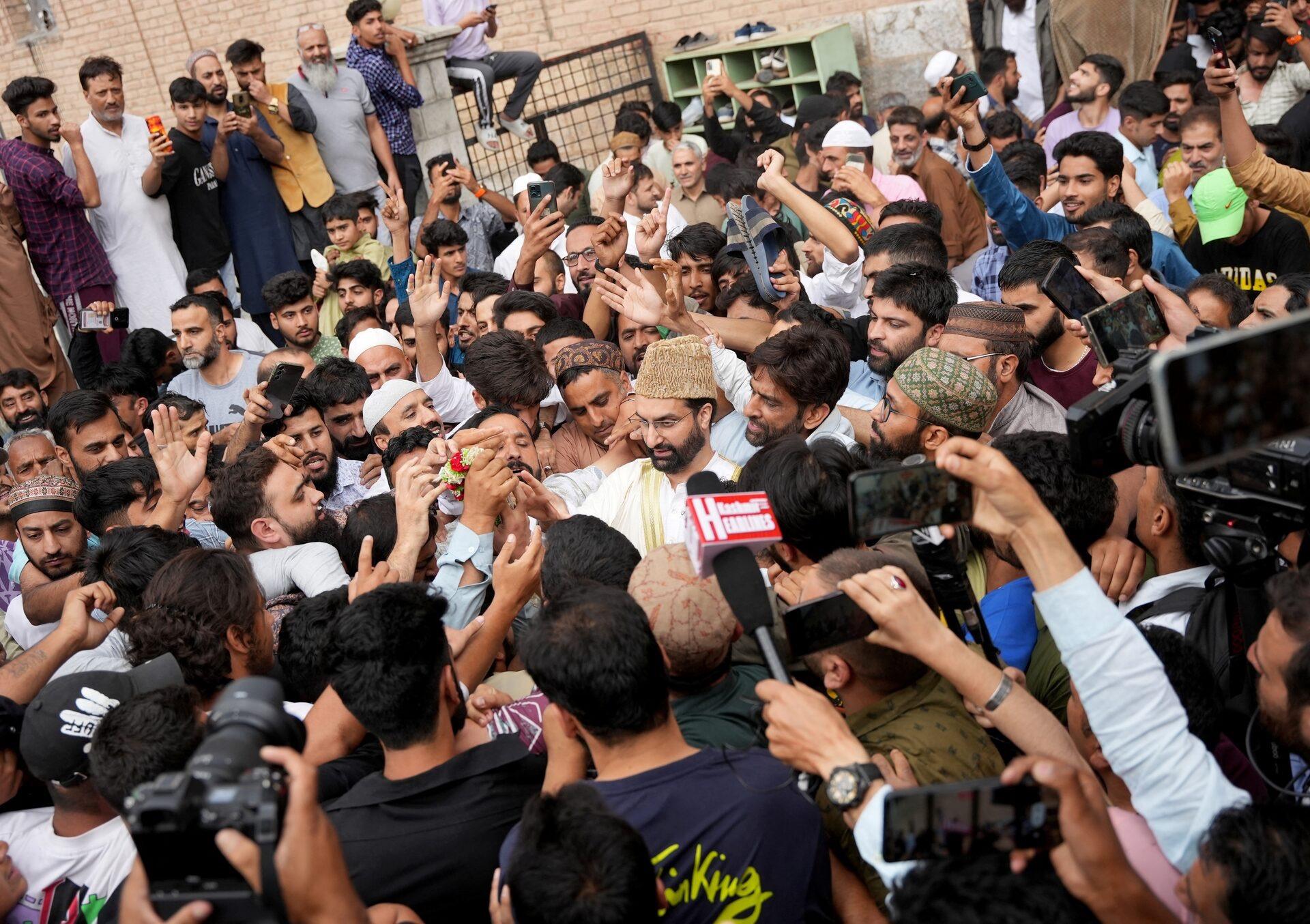ISLAMIC REVIVAL MOVEMENTS, INDIAN SECULARISM AND MAKING AND REMAKING SOVEREIGNTY IN KASHMIR
My project examines the participation in, engagement with, and critique of Indian
secularism by three Islamic revival movements in Kashmir: Jamaat-e-Islami, Ahle-Hadith,
and Ahle Sunnah wal Jamaah. These three religious movements came under the scrutiny
of the Indian state in 2019, when the legal autonomy of Kashmir was scrapped, which
ultimately led to the detention of most of their members. Most of their religious properties,
religious institutions and charity endowments were seized by the Indian state under the
pretext that they supported an independent Kashmir which posed threat to India’s national
sovereignty. Under new forms of political rationalities, such as the ban on funerals, locking
of mosques during Friday prayers and censoring of sermons, indicate that the ongoing
mobility of religious class within mosques, shrines, and Jurisdictional spaces such as
district courts have placed Kashmiri Muslims in an ambivalent position, in which their
critique of the secular law and their commitment to an idea of independent sovereign state
has forced them to function within Indian constitution in order to circumvent the ongoing
crackdown led by the national investigation agency. I explore how Kashmiri Muslims
assert their political sovereignty under new forms of political rationalities in which their
religious lives have been redefined under India’s secular law, and have been integrated
directly under the ambit of the Indian constitution. Simultaneously, how do these legal
transformations become central to the regulation and management of religious authority,
and the representation of their unique tradition in Kashmir.
If the secular doctrine of the Indian state confines the religious subjectivities of Kashmiri
Muslims to a private sphere and denies their political and legal autonomy over their
religious affairs, land ownership and the freedom to exercise their rights according to the
religious laws How do Kashmiri Muslims configure a distinct form of sovereignty which is
both informed by Islamic traditions against the secular ideas of equality, liberty and secular
community? In this project, I will examine the understudied relationship between Islamic
revival movements and their critical, yet crucial, encounters within and outside the
doctrine of Indian secularism.
